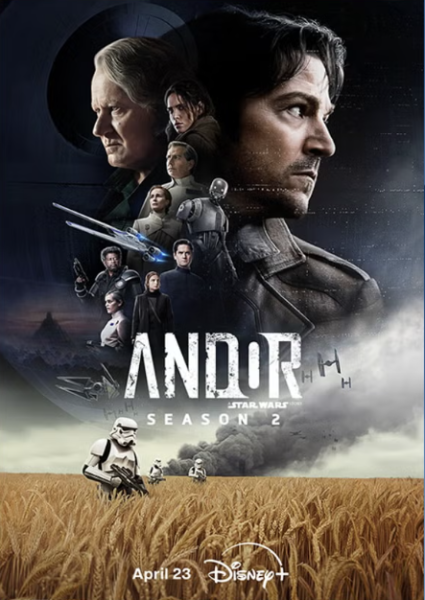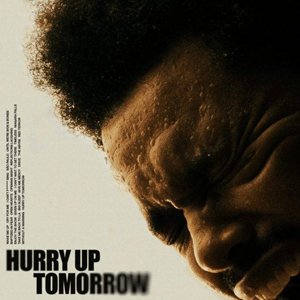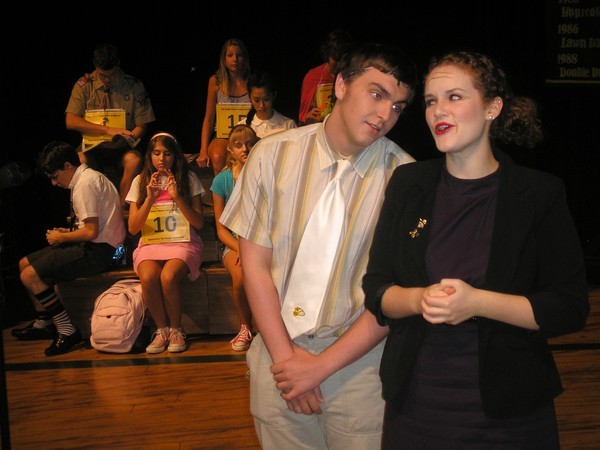“Dune” Review: Not just another attempt at recreating a book
Twenty-thousand years in the future, in a galaxy far from our own, a young man faces a destiny of war and heroism on a barren desert planet.
Frank Herbert’s “Dune,” considered one of the greatest science fiction sagas of all time, makes a resurgence on the big (and small) screen. Directed by Denis Villeneuve, “Dune” premiered Oct. 22, both in theaters and on HBO Max with tremendous impact.
However, it is not the first time that the story has come to the big screen. In 1984, Universal Pictures released the first film adaptation of the bestselling novel to disastrous effect. The movie bombed at the box office, earning only $30 million from the $40 million budget. The primary reason was that Frank Herbert’s universe was so complex that the adaptation was unable to make sense of it, despite the fact that a glossary of terms was given to moviegoers in theaters.
So there were high expectations for the $165 million dollar budget from Warner Brothers Studios for the new version, especially considering the shortcoming of DC movies in recent years.
The movie shows the beginning of the story of Paul Atreides, a gifted young man who travels to the desert planet of Arakkis when his father is sent to oversee the colony. The planet was the only place in the galaxy where “spice” could be found, a material that is necessary for space travel but is also sacred to the natives of the planet. These natives, known as Fremen, believed Paul to be the “Lisan Al Gaib,” a messianic figure foretold to deliver the barren planet into an oasis paradise. The movie shows Paul coming to terms with the great destiny thrust onto him, and his relationship with the Fremen. On top of that, there is Game-of-Thrones-esque warfare between his house and the spartan, war focused House Harkonnen. See how confusing it gets?
With that being said, don’t let the excess of strange terms and convoluted language discourage you. The movie does a great job making the story and lore digestible. The cast includes big names like Thimothée Chalamet (playing Paul), Rebbeca Ferguson, Jason Momoa, Dave Bautista and Zendaya. Despite all the marketing and hype, Zendeya only sees a few minutes of screen time, most of which are in dreams with little or no significant dialogue.
Chalamet steps up once again and does a fantastic job of depicting Paul and truly conveys the intense emotions of the film. Rebbeca Ferguson, who plays his mother, also stands out.
Aside from the story, the visuals of the movie are stunning. Filmed largely in Abu Dhabi, everything looks great, from the vast seas of sand to the interior of spaceships, and Villeneuve was determined to use as little CGI as possible. Chalamet revealed that he only shot two scenes with a green screen, an impressive feat in a time in film where CGI is king.
Villeneuve also does a great job of using those visuals to help convey the story in a meaningful way. Each shot feels thought out, and the use of different shots to show scale in different ways is very well done.
The soundtrack assists the cinematography in telling a great story. Composed by Hans Zimmer (composer for “Interstellar,” “Inception,” “Dark Knight,” “Pirates of the Caribbean” and the list goes on), the music truly is epic and worthy of such a large world. Zimmer seems unable to make a bad soundtrack and fails to disappoint once again.
Overall, the movie is a good introduction to the vast world created by Frank Herbert, and it is clear that it is intended to set up the continuation of the story, rather than be a stand alone film. On screen, the movie is called “Dune: Part I,” and on Oct. 26, Legendary Entertainment confirmed Part II would be following. Furthermore, there are 15 novels in the series by Frank Herbert, so it is clear there is still a lot to cover.

I am Benjie Thimangu, and I am a senior. This is my fourth year with Norsestar. I like to play basketball and other sports outside of school.












